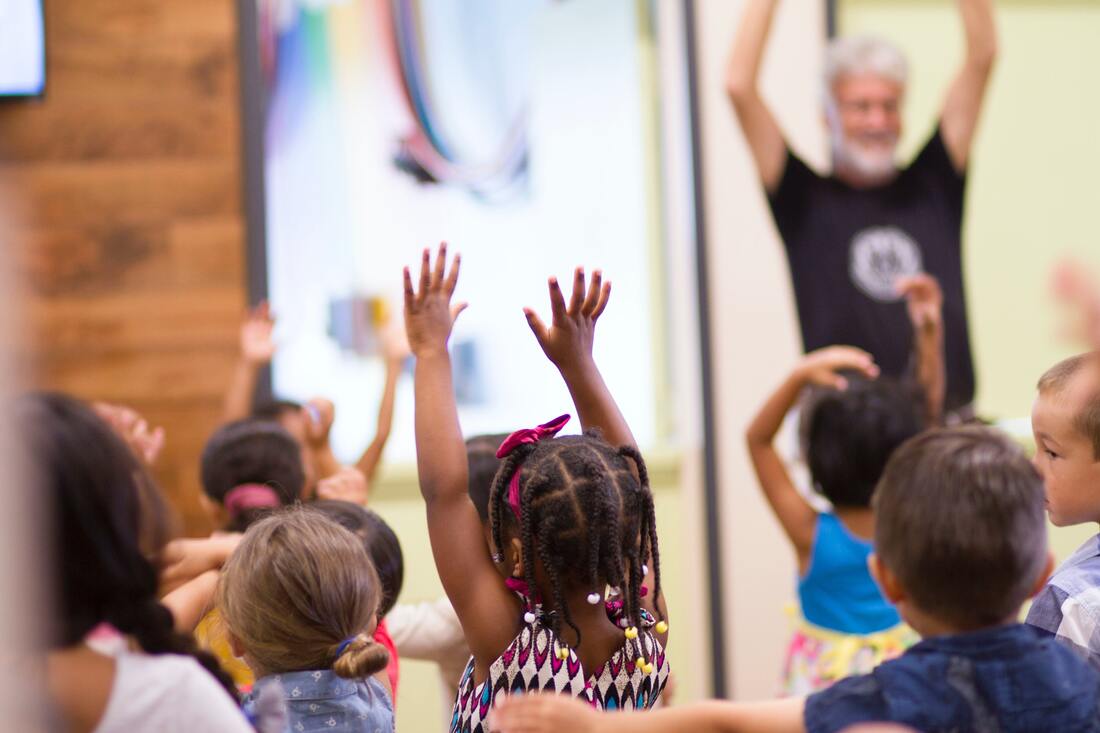Do you want to make a difference in the faith development of a child?
Partner with that child's parents. Build relationships. Support the family. It all sounds rather vague, simple, maybe even idealistic right?
Maybe, but sometimes simplicity wins.
Research points to "God-talk" (faith conversations) and faith practices as the two faith forming activities that make the greatest impact in the faith development of a child. If parents matter most (see research) and faith conversations and faith forming practices have the greatest impact on faith development, then we can't just teach about the faith in a classroom. It doesn't mean we can't teach in the classroom, just that we need to integrate faith formation into other areas of a child's life: home, parish, and community.
When I have engaged parents about how their lives have changed since they became parents, the conversation becomes animated. When parents consider that God has called them in this role, they become reflective. When I ask them what their children have taught them about life, love, faith, prayer, and God, they recognize the Holy Spirit at work in their lives.
Maybe, but sometimes simplicity wins.
Research points to "God-talk" (faith conversations) and faith practices as the two faith forming activities that make the greatest impact in the faith development of a child. If parents matter most (see research) and faith conversations and faith forming practices have the greatest impact on faith development, then we can't just teach about the faith in a classroom. It doesn't mean we can't teach in the classroom, just that we need to integrate faith formation into other areas of a child's life: home, parish, and community.
When I have engaged parents about how their lives have changed since they became parents, the conversation becomes animated. When parents consider that God has called them in this role, they become reflective. When I ask them what their children have taught them about life, love, faith, prayer, and God, they recognize the Holy Spirit at work in their lives.
What is Integrated Faith Formation?
Integrated faith formation considers that we do not compartmentalize our daily life and our faith life. When we integrate our experiences at home, at church, and in the community, faith becomes more than something we learn about - it is the way we are called to live. We begin to see God everywhere. It's not just about Sunday - it's about following Jesus Christ everyday.
Home |
Parish |
Community |
Integrated faith formation imagines that we have more opportunities to learn the faith, and live into that faith, at home and in the community than we might in the few hours we spend at the parish. Since we spend most of our lives in these spaces, there is a greater chance that the child might "catch the faith" as they are immersed in living it. The parish has the responsibility of coming alongside the family and walking with them in an intentional manner, one that opens up the faith, helps better explain the faith, enhances a greater understanding of the Church's teachings. The parish community also provides opportunities to worship and celebrate that faith together. When an individual or family is accompanied well by the faith community, they might experience a transformation or a deepening of their faith that leads to a greater commitment to their calling.


